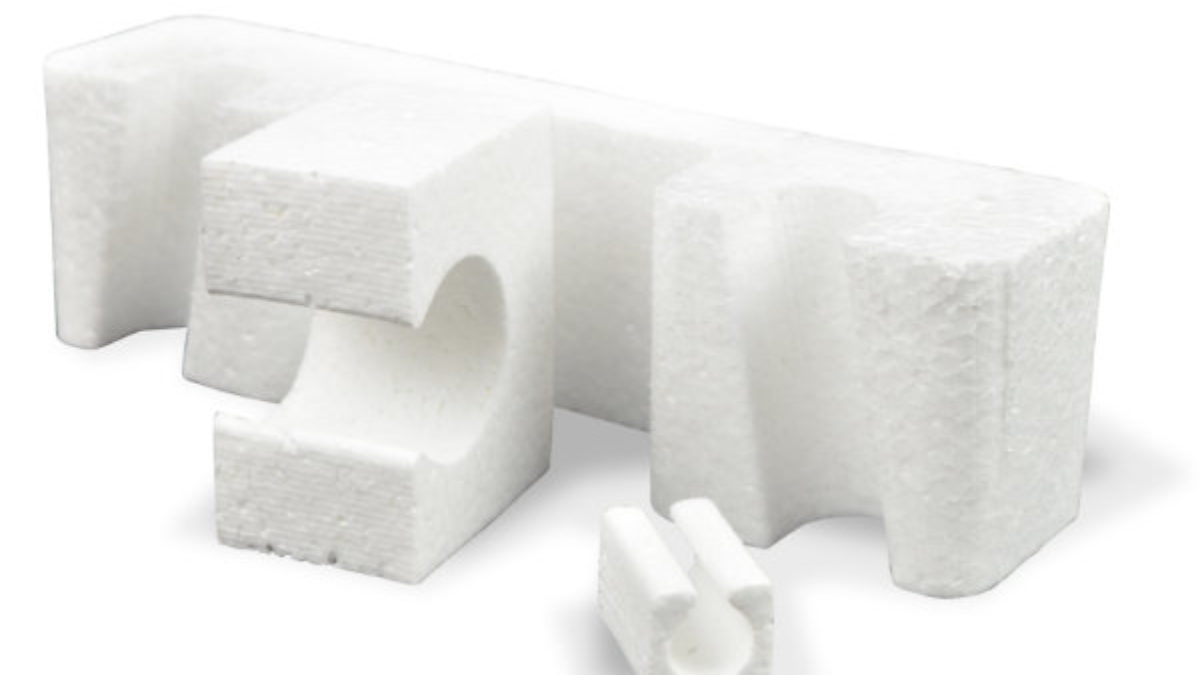Dunnage and protective foam are vital to the packaging and shipping practices of nearly every industry, especially those that ship fragile products. While the concept of dunnage seems simple; it’s just protective packaging that’s used to cushion products while they are in transit, it’s more complex for higher-end products.
That’s where custom-shaped foam and dunnage comes into play. You can’t adequately protect complex items without a certain level of thought and customization of your protective foam. Using the wrong type of dunnage for an item inevitably increases the risks of damage, so it’s essential to design a package’s dunnage specifically based on the items you are shipping.
When choosing dunnage for your items, take these points into consideration.
The Size, Weight, and Density of Your Items
A circuit board needs to be protected in a very different way than a computer tower. One is a small, delicate item and the other is large, bulky, and heavy. Because of this, different types of foam and dunnage will be needed to cushion each type of item. While both items need to be kept still while in transit, the forces they exert on the dunnage are quite different. It’s harder to keep a large and heavy item in place than a lighter one.
The Overall Weight of the Package
There is such a thing as too much dunnage. You only need enough dunnage to keep items stable, motionless, and safe. Adding in excess dunnage increases shipping costs in two ways:
- The more dunnage you use, the more you have to purchase
- Excess dunnage increases a package’s overall weight
Only use as much dunnage as you need to get the job done.
Is Custom Dunnage Necessary?
That depends on the type of item that will be shipped. Custom-shaped foam and dunnage are often necessary for items that have unique shapes, are extremely valuable, and need the added protection. Custom dunnage can increase the cost of shipping, but the added protection and reduced risks are often worth it. It’s better to pay more to ship a product than deal with the return, reverse logistics, disposal, and unhappy customers that come along with damaged items.
Common Types of Dunnage
Dunnage comes in many different types of materials, including:
- Plastic inserts
- Foam
- Airbags
- Polybags
- Packaging peanuts
- Cardboard inserts
- Bubble wrap
- Paper
Many of these types of dunnage materials can be customized to fit your product. If you are uncertain which type of dunnage you should be using, or need something custom cut to fit your product, get in touch with the foam fabrication experts at Amcon today.


